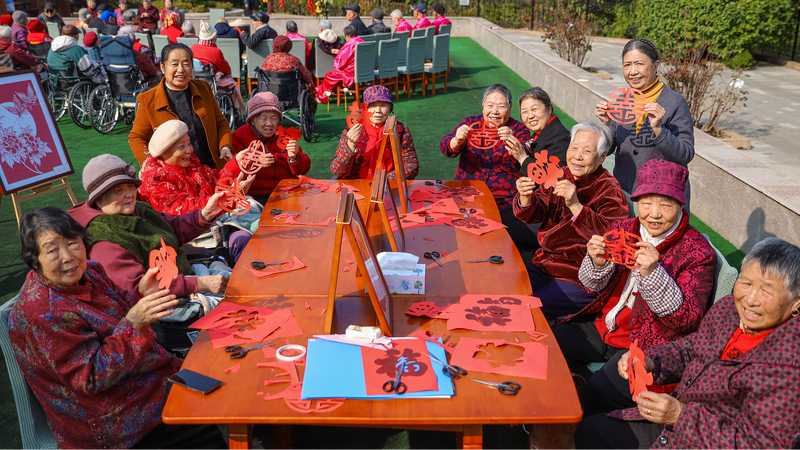Every year, the Double Ninth Festival on the Chinese lunar calendar shines a spotlight on the country's commitment to ensuring seniors enjoy a fulfilling later life. This October 29, China is reflecting on both tradition and transformation in eldercare.
President Xi Jinping's visits to nursing homes and community centers underscore a core message: as society ages, it's a shared goal for elderly people to lead happy, healthy, and long lives. His words during a 2018 visit in Shanghai still resonate: 'It is our common wish that elderly people lead a happy, healthy and long life.'
Demographics make the urgency clear. By the end of 2024, over 310 million people in the population are aged 60 or above (22%), with 220 million aged 65+ (15.6%). Responding to these numbers, the government has rolled out a national basic elderly care service system and designed top-level reforms to meet diverse needs.
Key achievements include:
- 406,000 eldercare institutions and facilities providing 7.99 million beds, with nursing-care beds rising from 48% in 2020 to 65.7% by 2024.
- Home adaptations for 2.24 million seniors with special needs.
- 500 model community-based care service networks and 2,990 age-friendly communities.
- 86,000 senior meal assistance centers serving over 3 million elders daily.
Beyond services, China is betting on the silver economy. Valued at about 7 trillion yuan today, it's projected to reach nearly 30 trillion yuan by 2035, opening new opportunities for startups, tech innovators, and social enterprises seeking real-world impact.
From warm gestures at local centers to data-driven infrastructure growth, China’s eldercare vision is sending a clear signal: a happy, secure life for seniors is both a social responsibility and a shared opportunity in the age of longevity.
Reference(s):
cgtn.com




